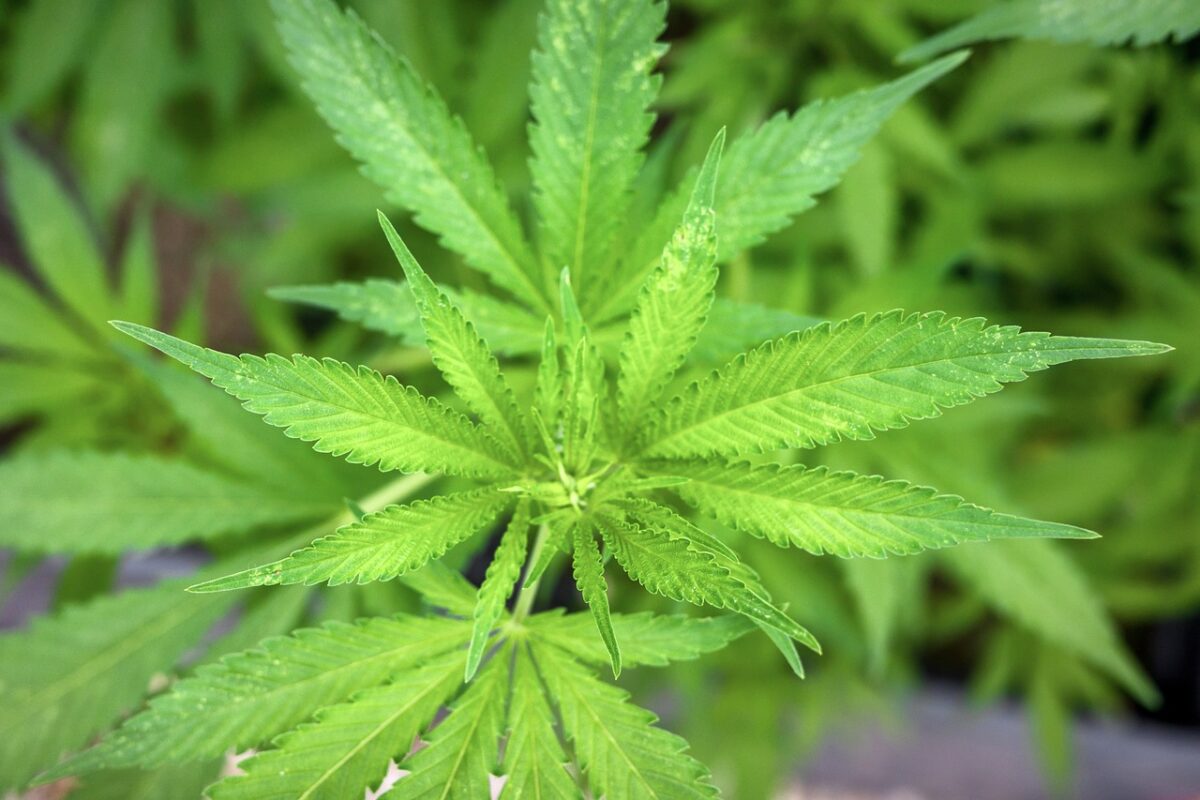Benefits of THCA Flower

-
Table of Contents
Exploring the Benefits of THCA Flower for Health and Wellness
THCA, or tetrahydrocannabinolic acid, is a non-psychoactive cannabinoid found in raw and live cannabis. Unlike THC, THCA does not produce a high, making it an attractive option for those seeking the therapeutic benefits of cannabis without the psychoactive effects. This article explores the various health and wellness benefits of THCA flower, supported by research, examples, and case studies.
Understanding THCA
THCA is the precursor to THC. When cannabis is heated through smoking, vaping, or cooking, THCA undergoes decarboxylation, converting into THC. In its raw form, THCA offers a range of potential health benefits without the intoxicating effects associated with THC.
Potential Health Benefits
Research into THCA is still in its early stages, but preliminary studies and anecdotal evidence suggest several potential health benefits:
- Anti-inflammatory Properties: THCA has shown promise in reducing inflammation, which can be beneficial for conditions such as arthritis and other inflammatory diseases.
- Neuroprotective Effects: Some studies indicate that THCA may help protect brain cells, potentially offering benefits for neurodegenerative diseases like Alzheimer’s and Parkinson’s.
- Anti-emetic Properties: THCA may help reduce nausea and vomiting, making it a potential option for those undergoing chemotherapy or suffering from chronic nausea.
- Antioxidant Benefits: As an antioxidant, THCA can help combat oxidative stress, which is linked to various chronic diseases and aging.
Case Studies and Research
Several case studies and research projects have highlighted the potential benefits of THCA:
Anti-inflammatory Effects
A study published in the “Journal of Pharmacology and Experimental Therapeutics” found that THCA exhibited significant anti-inflammatory effects in animal models. This research suggests that THCA could be a valuable treatment for inflammatory conditions without the psychoactive effects of THC.
Neuroprotective Properties
Research conducted by the “British Journal of Pharmacology” demonstrated that THCA has neuroprotective properties. The study showed that THCA could help protect brain cells from damage, offering potential benefits for neurodegenerative diseases.
Anti-emetic Benefits
Anecdotal evidence from patients undergoing chemotherapy has shown that THCA can help reduce nausea and vomiting. While more research is needed, these initial findings are promising for those seeking alternative treatments for these symptoms.
How to Use THCA Flower
There are several ways to incorporate THCA flower into your health and wellness routine:
- Raw Consumption: Consuming raw cannabis leaves or flowers in smoothies or salads can provide THCA without the psychoactive effects of THC.
- Juicing: Juicing raw cannabis is another way to consume THCA. This method preserves the cannabinoid’s integrity and offers a potent dose of THCA.
- Tinctures and Oils: THCA tinctures and oils can be added to food or taken sublingually for a convenient and controlled dosage.
Legal Considerations
The legal status of THCA varies by region. In some areas, THCA is considered legal as long as it is not decarboxylated into THC. It is important to research and understand the laws in your area before purchasing or using THCA products.
Conclusion
THCA flower offers a range of potential health and wellness benefits, from anti-inflammatory and neuroprotective effects to anti-emetic and antioxidant properties. While research is still in its early stages, the initial findings are promising. By understanding how to use THCA flower and staying informed about legal considerations, individuals can explore this cannabinoid’s potential benefits for their health and wellness.